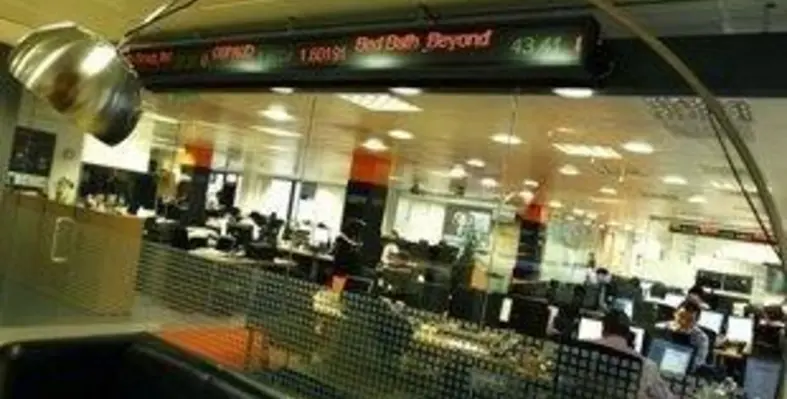Page 2 of 2The current economic environment provides businesses with a lot of risk – macroeconomic, credit, counterparty to name a few – adding political instability to the mix has traditionally been a bridge too far for many would-be investors and international businesses. However, Africa is an emerging business partner for the global marketplace and as such, African businesses, as well as international businesses operating in Africa must learn how best to trade in the region.
For many corporations, the forward and hedging market is key when considering trading or investing in a country. However, given that African currencies suffer from illiquidity, it is the forward and hedging market that is crucially affected.
Hedging allows you to fix a price to buy currency in the future, giving you protection against fluctuations in exchange rates and better control of your budget. Exposing investments to the vagaries of the FX spot market – which is difficult to avoid when trading in domestic African currencies – is something many companies are simply not willing to do while elevated levels of volatility persist.
Investors and traders would be foolish to ignore the growing prospects that Africa clearly has to offer, but equally, those trading in Africa must mitigate the risks. Investors and traders would be wise to protect against fluctuations in African currency rates by minimising their downside through hedging in US dollars.
Forward contracts are a good place to start because they represent the easiest and lowest cost product to reduce market risk for both businesses and individuals. In a nutshell, forwards allow market participants to lock-in a rate for a specified amount of time, and for a specified amount of currency.
Exchange rates can move by large amounts on a day-to-day basis, let alone over months, so hedging to reduce this risk should be part of the toolkit for all investors and traders operating in potentially volatile markets such as Africa.
Investors and traders can forecast their dollar requirements and then convert their dollars into the local African currency of choice. This would not only protect against volatility in domestic African currencies but would also mitigate the risk of US dollar fluctuations as well.
African economies and many of the continent’s domestic currencies have been boosted by increased trade and investment prospects. Nonetheless it is vital that those operating in the region properly manage their FX requirements in order to leverage the growth opportunities and avoid the pitfalls of trading in volatile markets.
ABOUT THE AUTHOR: Alistair Cotton is a senior analyst at Currencies Direct, a leading global foreign exchange firm that has offices in South Africa, where it acts as a non-bank foreign exchange provider.














